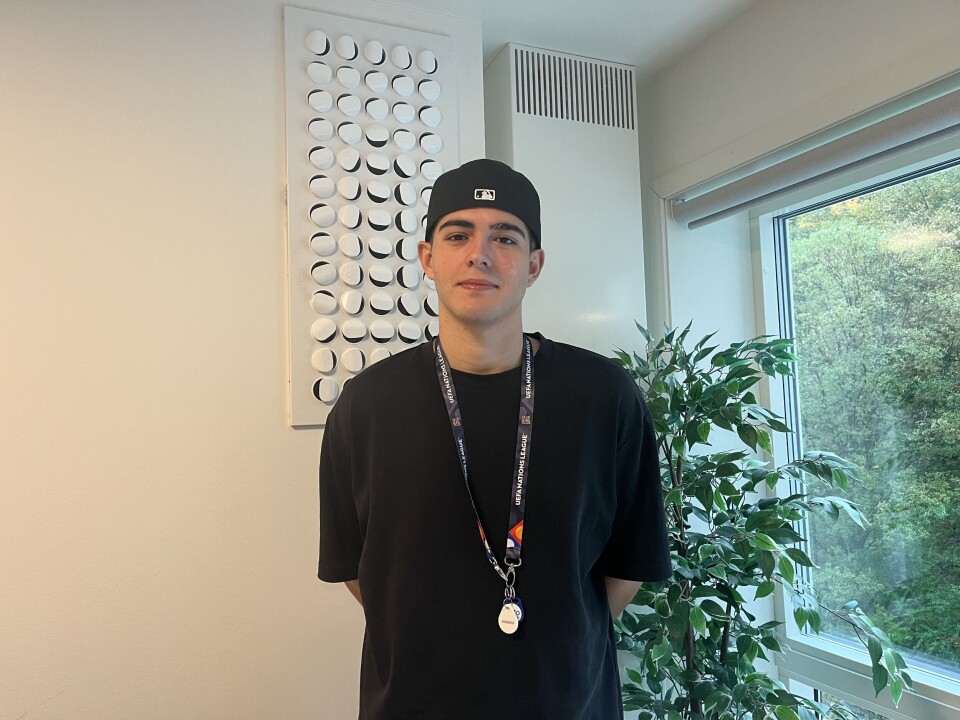English
1 out of 10 students suffer from alcohol abuse disorder
A report shows that a lot of students have alcohol related problems. We spoke to some students about their relationship with the substance.
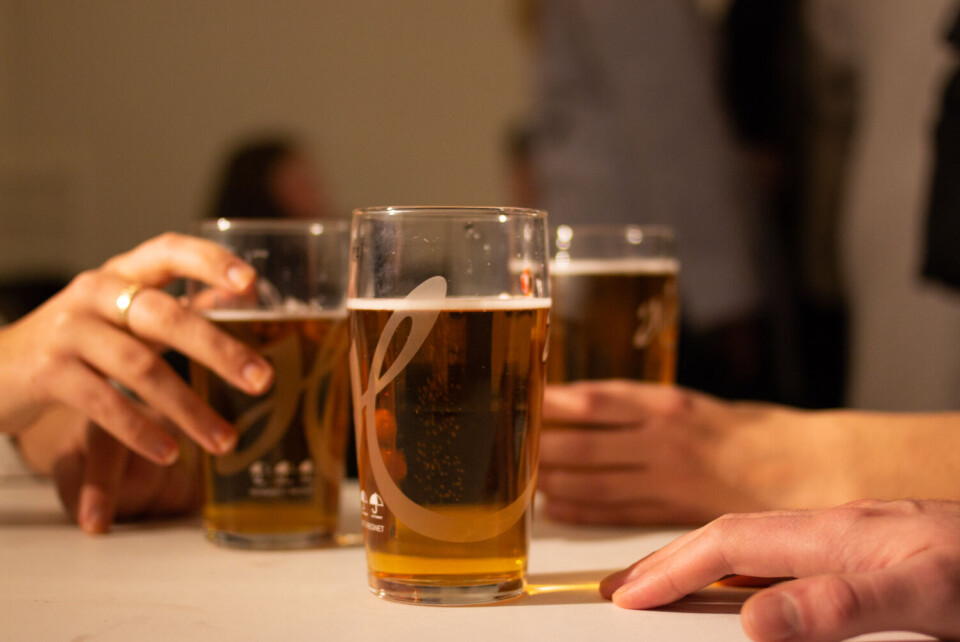
For many, drinking alcohol is an integral part of the university culture.
Usually, when starting a new degree, students prioritize socializing in order to find new friends to spend the coming time with. This can be intimidating, and some may turn to alcohol to lower their inhibitions.
A recently conducted SHoT supplementary survey reveals that when it comes to students, about 10 percent of men and 8 percent of women suffer from alcohol abuse disorder.
– It’s what everyone does
Synnøve Elise Rødal (23) and Charlotte Hammerich Bjørnset (24) study law at the University of Bergen (UiB). They both drink alcohol about two times per week.
Rødal thinks that living alone has affected how often she drinks.
– Because I’m living alone, it’s easier to go out more than once per week. You can regularly have friends over, and I feel like there are more things happening, she says.
Bjørnset thinks drinking alcohol is a normalized part of student life. She says that even if no one is directly pressuring you, you can feel left out if you are the only one who does not attend student events or drink.
– Drinking alcohol is kind of what everyone does, Bjørnset concludes.
They both agree that when it comes to alcohol-free events, these events should include more activities than just socializing or partying.
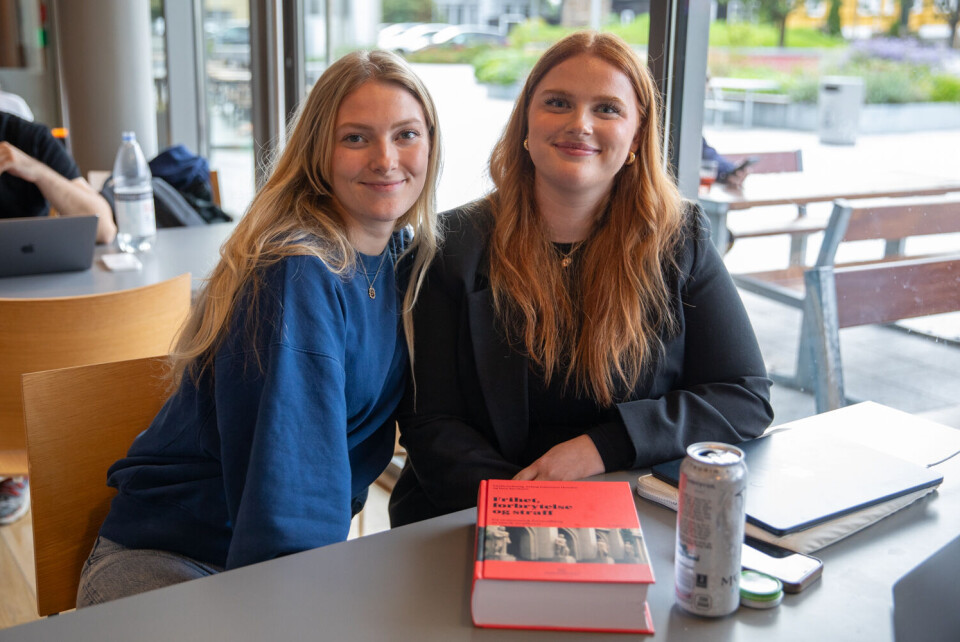
– If it’s something during the day, I feel like it’s maybe more natural to go without alcohol, Rødal says and continues:
– If it’s a Saturday night, I don’t know if I would go without drinking.
Group spirit is a factor
Sometimes knowing your study group well creates a more open culture around alcohol use. This is what Karen Hopsdal Brattebø (19) and Lea Nilssen Furrevik (22) think. Both are first-year education students at Western Norway University of Applied Sciences (HVL).
Furrevik thinks that including alcohol in Fadderuken, the orientation week for first-year students, has helped her get to know her classmates better.
– Alcohol helps in the beginning. It’s much easier to get to know the people you’re going to study with, she says.
– We can have fun wether we are drinking or not, so I don’t feel like I have to drink if we’re going to be social at any point. It’s also okay for the people who want to drink, Brattebø tells.
Both explain that people in their class are very confident with each other, which makes socializing without alcohol easier.
Stereotypically Northern European
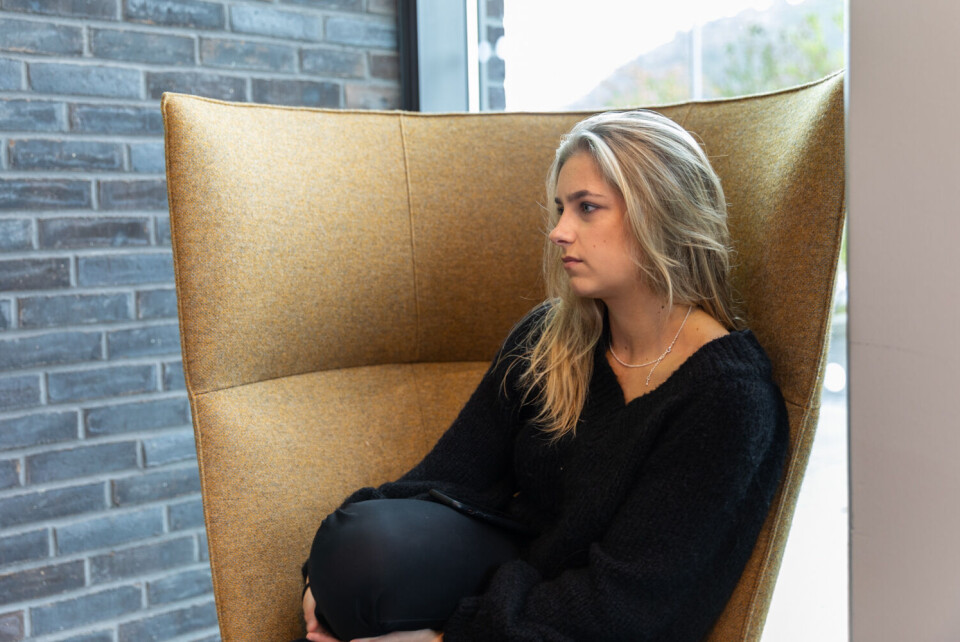
Andreas Skilbrei (20) has lived the majority of his life abroad. He is a first-year biology student at UiB. This is what he thinks about the alcohol culture in Norway:
– Stereotypically Northern European. Lots of bars, people like to drink. People often get drunk every weekend.
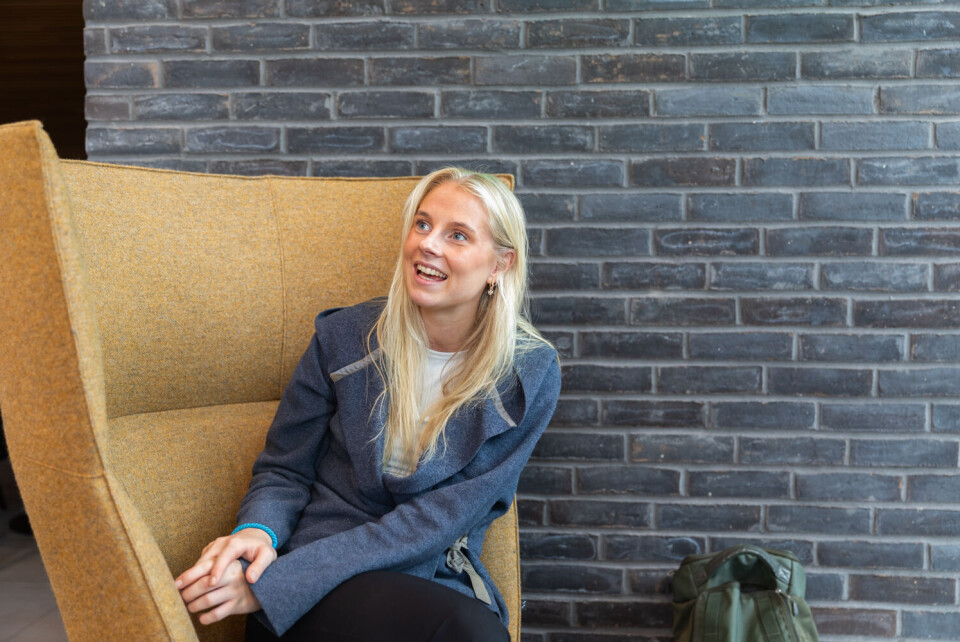
Skilbrei says that the stress of university occasionally gives him thoughts to drink in order to decrease it.
– But I haven’t done that yet, and I don’t plan to, because it’s a dangerous hole to go down.
He agrees that alcohol can help people to lower their inhibitions in social situations. Therefore, they become more comfortable with each other.
– There is a well-known thing in Norway that no Norwegian is an extrovert unless they have alcohol in them, he states.
Restriction is not the answer
As an exchange student, most are guaranteed to experience culture shocks. Does this go for alcohol as well?

Javier Garcia Laguna (20) is from Spain, and has found studying in Norway to decrease his alcohol consumption.
– Alcohol is expensive, and it’s more difficult to get it, so I drink less, he says.
Laguna has noticed that when Norwegian people drink alcohol, they become more like a normal person in Spain. When asked to describe a normal Spanish person, he mentions three things:
– More open, friendlier, more sociable.
He thinks that alcohol use should not be restricted in student events.
– If you restrict it, more people want to drink alcohol. Like when your parents don’t let you go out, you want to go out more.
